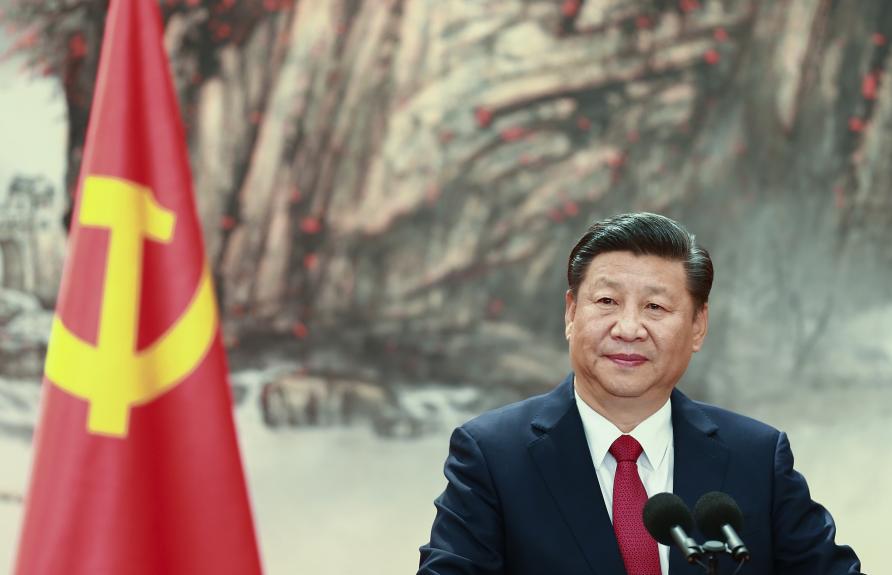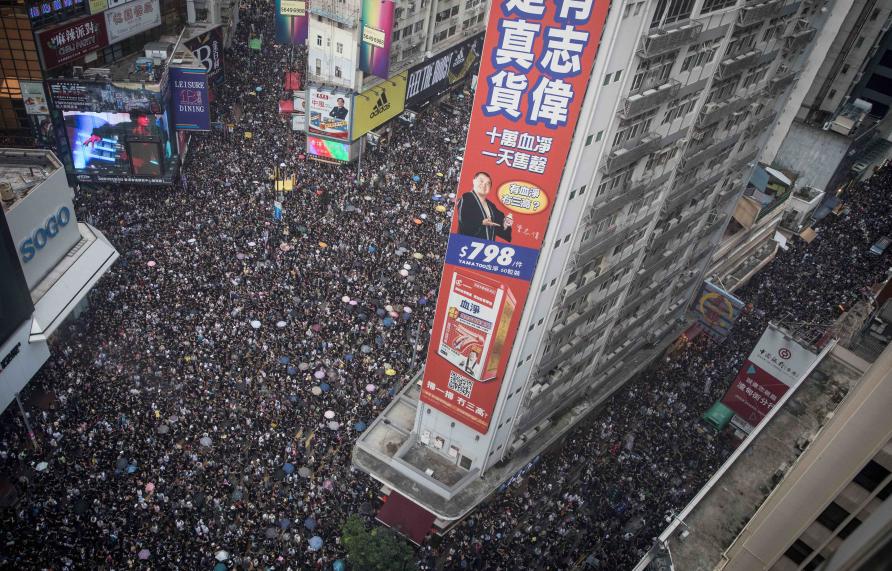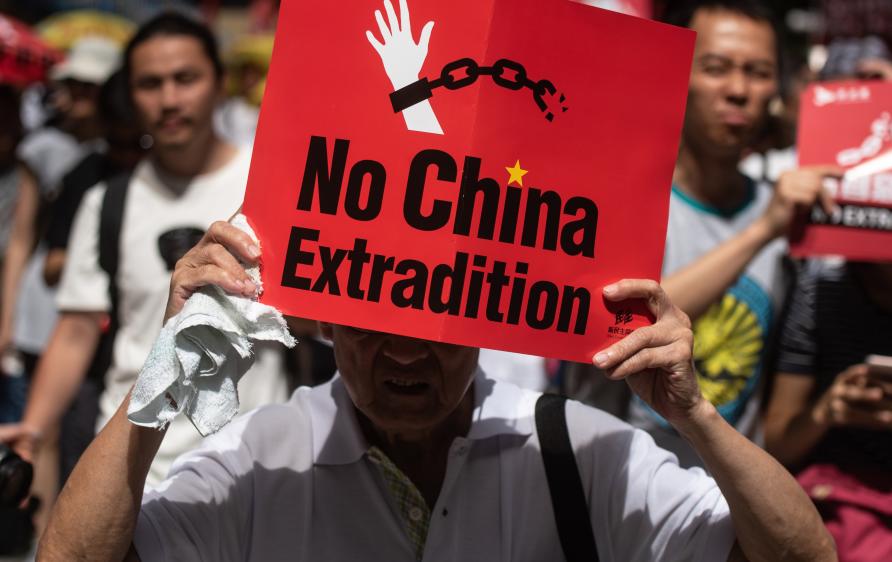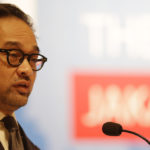The danger of keeping quiet

Sometimes this agenda was pressed with ideological clumsiness. Sometimes we behaved patronisingly as though concerns about human rights and civil liberties were a Western cultural monopoly, not something which even the most vestigial knowledge of 20th century history would bear out.

We shouldn’t equate China with the Leninist Communist Party that runs it at present.
Sometimes, in addition, we preached abroad what we failed to practice at home.
But I have no doubt at all that a regard for human rights and civil liberties should play a part in any democratic government’s foreign and security policies.
I sometimes despair of the proposition that some countries will only buy your own country’s goods or accept your investment if you bite your tongue however they behave.
They can kill journalists, incarcerate people by the ten or hundred thousand, try to impose their own warped values system on others – nothing can be called out or criticised.
It is shameful behaviour by governments, which claim to march to a different drumbeat, when they purport to think there may be something to be said for that oxymoronic concept, illiberal democracy.
Of more immediate and more perilous nature is the idea that we should look the other way or deliver any disagreement as quietly as possible, when we are asked to make way for “the China dream”.
It is absurd to equate China – its culture and the remarkable achievements of its people – with the Leninist Communist Party that runs it at present.
It isn’t a misguided attempt to shut China out of the global economy to criticise and point to some of the terrible things the Communist regime does.

The Chinese government has refused to talk to demonstrators in Hong Kong.
It will be a real challenge to democratic leaders to have to deal at least for some time to come with a large and powerful world player which has no regard for human rights or a global rule book.
We need to replace cringing with value-based diplomacy.
We can’t and mustn’t keep quiet about what has happened in Xinjiang, about threats to Taiwan, about the throttling of freedom in Hong Kong, about what amounts to hostage taking of foreigners, about Beijing’s bullying of multinational companies to take the correct political line, about the interference in the institutions and practices of open societies, something which has been clearly exposed in one country after another.
As you can imagine I am particularly concerned about what is happening in Hong Kong.
The latest problems began with the entirely peaceful protests against legislation to tear down the firewall between the rule of law in Hong Kong and Communist law in China.
I don’t condone violence by anyone.
But it is obvious that both the refusal of the government to talk to the demonstrators and the way the demonstrations have been policed, have dangerously radicalised a minority of the demonstrators.
The government could have ended the violence two or three months ago if they had agreed to establish an independent commission of enquiry into the reasons for the demonstrations and the way they have been handled.
Beijing has an armlock on the Hong Kong government. It is refused any room for manoeuvre.

Hong Kong’s protests started in June against proposals to allow extradition to mainland China.
So, tear gas and prison sentences have replaced politics. It is a piece of authoritarian vandalism of a great city and its way of life.
We won’t enjoy a peaceful and prosperous century if the script is written by the Politbureau of the Chinese Communist Party.
I recently saw a banner which was hanging behind the stage in a Chinese venue where an allegedly open debate between Communist officials was taking place. It read “Read Chairman Xi’s books. Listen to Chairman Xi’s words. Act as Chairman Xi’s good youth”.
Another banner above a Buddhist temple read, “Without the Communist Party there will be no Buddha”.
Speaking for myself, I don’t think the world needs the clock to be turned back to Mao.
And, yes, there is Buddhism, Islamic faith and Christianity without the Communist Party.
They will still be shaping and inspiring the world long after the Communist Party can only be found in the history books.
Democratic countries need to lead the process of re-establishing global order through co-operation. That means patient and relentless pedagogy and brave leadership turning public opinion around on the need for collaboration and honesty in dealing with complexity.
This article is an extract of the Chancellor of the University of Oxford, the Rt Hon Chris Patten’s speech delivered at this year’s Malcolm Fraser Oration at the University of Melbourne. The oration explores matters of public and social interest in line with Malcolm Fraser’s vision for Australia. It was published by Pursuit.
Chris Patten served as the 28th and last Governor of Hong Kong from 1992 to 1997 and was the Chairman of the Conservative Party from 1990 to 1992. He was made a life peer in 2005 and has been Chancellor of the University of Oxford since 2003.











